Very few sides win back-to-back Premier League titles, and Jurgen Klopp can learn from the past as he bids to follow up Liverpool’s triumph with a swift second in 2020/21.
Liverpool. Manchester United. Chelsea. Manchester City. Or, to put it another way, Bob Paisley, Sir Alex Ferguson, Jose Mourinho and Pep Guardiola.
Over the course of six decades, only four clubs have retained the English title. Only four managers have won it in successive seasons, even if Joe Fagan emulated the retiring Paisley by keeping Liverpool champions in his debut year at the helm.
There is a natural temptation to point out how football has moved from his roots over the decades but some similarities persist. The more things change, the more they stay the same? Perhaps, although as many clubs won consecutive Division Ones between the end of World War Two and the 1960s as have kept the Premier League in their grasp.
Since the 1950s – maybe ever – only the greats win back-to-back titles and many a side with a claim to greatness, from Bill Nicholson’s Tottenham double-winners to Antonio Conte’s Chelsea 93-pointers, do not.
Liverpool’s task can be placed in a historical context, both at Anfield and elsewhere: Bill Shankly and Kenny Dalglish achieved much but neither led a team to consecutive titles.
An island stands apart. Maurizio Sarri lost his job after Juventus won Serie A for a ninth straight year. Unai Emery and Laurent Blanc could empathise from their time at Paris Saint-Germain. Carlo Ancelotti and Niko Kovac have gone a few months after Bayern Munich kept their hands on the Bundesliga crown.
Success there became so routine that finishing first stopped becoming an objective measure of a job being done well. Not in England.
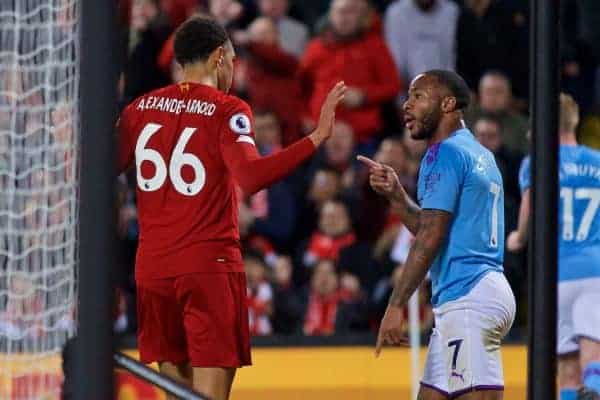
The gap between the best and the rest may have been stretched to historically high levels, whether by City winning the 2017/18 Premier League by 19 points or Liverpool finishing 33 ahead of – and thus 50 percent better than – third place in 2019/20, but history repeats itself less frequently than elsewhere.
Jurgen Klopp’s presence is both a consequence of that and a reason for it. Had he not taken the Liverpool job, perhaps City’s flaws would not have prevented Guardiola from registering a hat-trick.
Yet Klopp, Guardiola and their ilk are drawn to the Premier League by its competitiveness.
It is more of a stimulant than the predictability of Ligue 1, the Bundesliga and, unlike in its golden age, Serie A. Rewind a few years ago and Mourinho caustically commented that “maybe I will go to a country where a kitman can be coach and win the title.”
The perception was that he had Guardiola and the Bundesliga in mind and while Klopp could almost be guaranteed German titles by accepting an approach from long-time admirers, he has never seemed tempted.
If the best want to be challenged, they render it harder for each other to chalk up repeat wins. There is also evidence that the effort required to dominate the Premier League can lead to a relapse.
It feels mentally draining. Consistency can give way to inconsistency, excellence to errors.
City posted 17 fewer points last season than in 2018/19. They only dropped one place, however, whereas United slipped to seventh in 2013/14, Chelsea to 10th and fifth in 2016 and 2018 respectively and Leicester to 12th in 2017, albeit after an utterly improbable title.
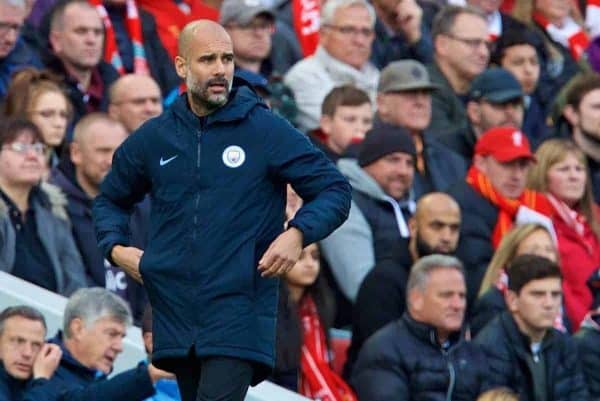
Progress or regression to different strata within the ‘big six’ can come quickly. Finance is a factor; the Premier League’s strength in depth is reflected by the number of clubs who, at various points, have been able to pay supersized prices. Chelsea’s renewed investment this summer is such a potential game-changer; so, too, United’s expensive interest in Jadon Sancho.
Recruitment represents another factor. Many a recent champion has bought badly or ineffectually.
There have been decent signings, like Pedro, Antonio Rudiger, Riyad Mahrez and – for all the mocking – Marouane Fellaini, but arguably the last outstanding summer buy from a defending champion was David de Gea when he joined United in 2011, and even he took time to settle.
The respectable have been outnumbered by the wretched – Tiemoue Bakayoko, Danny Drinkwater, Papy Djilibodji, Baba Rahman, Jack Rodwell, Scott Sinclair, Islam Slimani, Nampalys Mendy and Co. – or the irrelevant.
The respective managers may feel clubs got complacent, or simply would not pay the price for sustained success. There is a shared sense that champions failed to build on their achievement or improve from a position of strength.
Frustration in the market is a common theme, with targets missed – Robin van Persie, Daniel Agger and Daniele de Rossi at Roberto Mancini’s City, Paul Pogba and John Stones at Mourinho’s Chelsea, Gareth Bale, Cesc Fabregas and Leighton Baines for David Moyes at Old Trafford – and while Liverpool missed out on Timo Werner for very different reasons, history provides a warning.
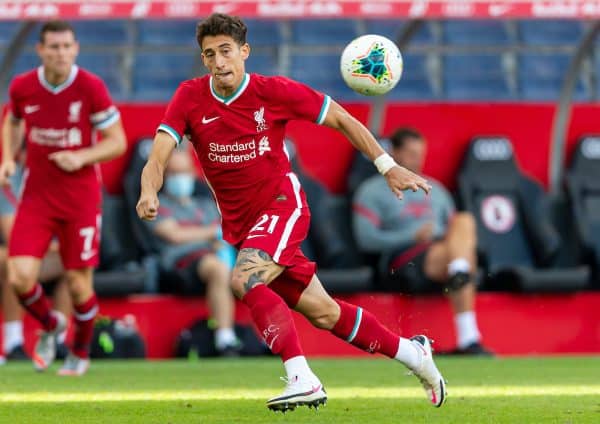
Circumstances may render Liverpool luckless, and Kostas Tsimikas may prove a fine acquisition, but a backup left-back is, in himself, not enough to counter to the drop-off defending champions usually experience. An injection of added class, like United signing Roy Keane in 1993 or Chelsea buying Michael Essien in 2005, can help.
A recurring problem is that plenty of players are required to peak in one season to win the league, but when their levels drop, squads lack elite performers capable of compensating; a reason why City retained the league in 2018/19 was that Bernardo Silva and Aymeric Laporte reached new heights.
Ferguson’s United specialised in having individuals who both maintained excellence for many years but others who delivered more in different campaigns – Dwight Yorke in 1998/99 and then Teddy Sheringham in 2000/01, for instance – to compensate for others’ diminishing returns.
So, brilliantly as Liverpool did last year, they may need someone to raise his game again.
They have an enforced continuity. Paisley was the master of transition, bridging from one team to another with a camouflaged ruthlessness. Klopp’s task is different. It is to repeat and replicate, to produce similar results without recourse to major buys.
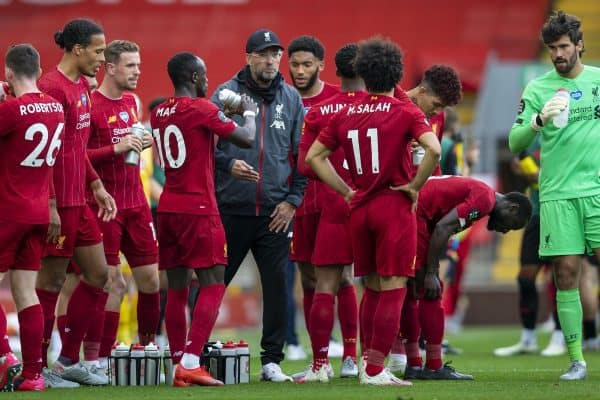
If the long-term aim is to create a dynasty, the short-term target is to have the same players winning year in, year out.
Guardiola took great pride that his City side were the first team for a decade to retain the title; in England, that is no illusory achievement.
For all the irritating talk of asterisks that recently surrounded Liverpool, back-to-back Premier League champions deserve to have them attached to their name for very different reasons. It shows a level of stardom few have attained.
Now, Liverpool aspire to join that select group.

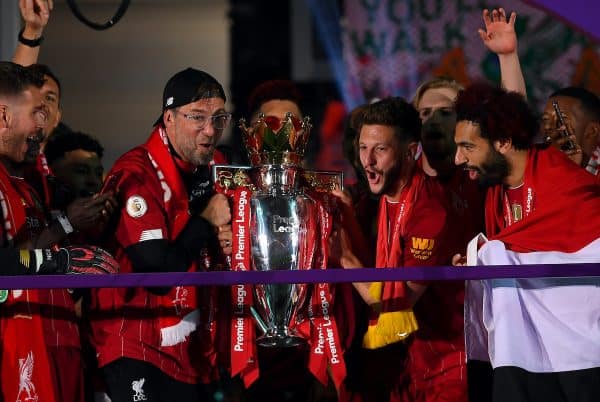

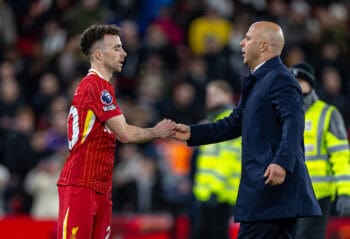
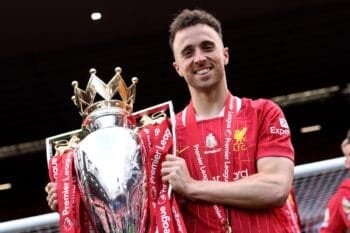

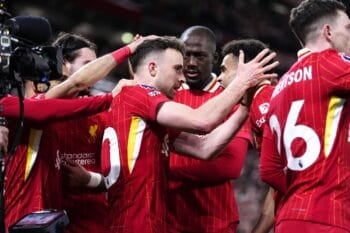
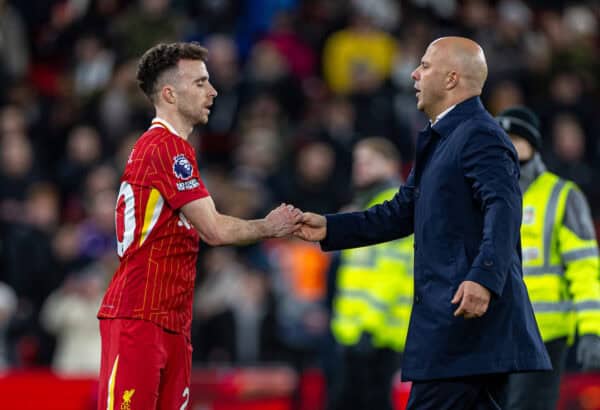
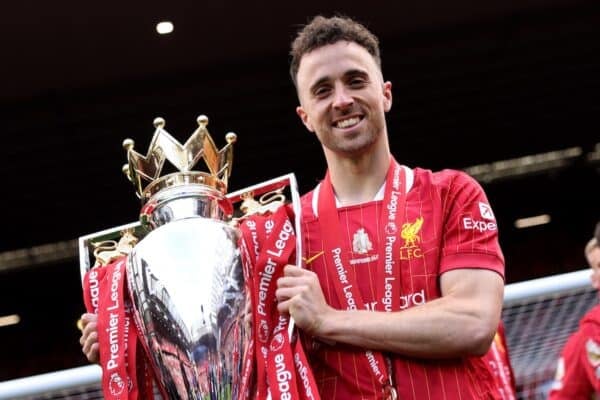
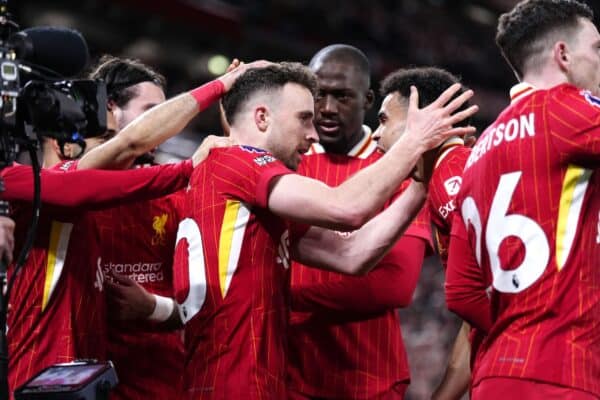
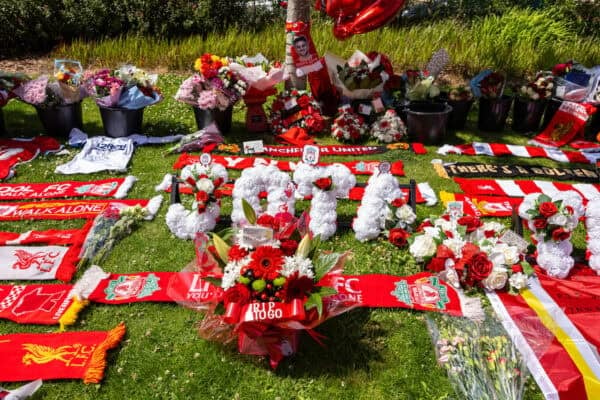
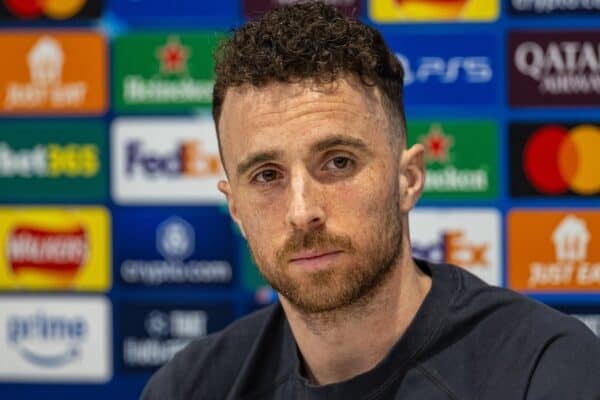
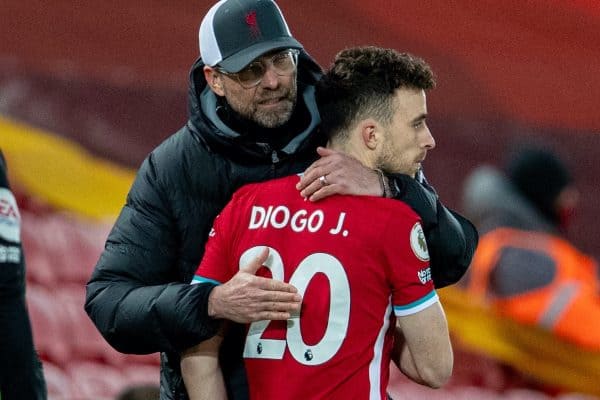
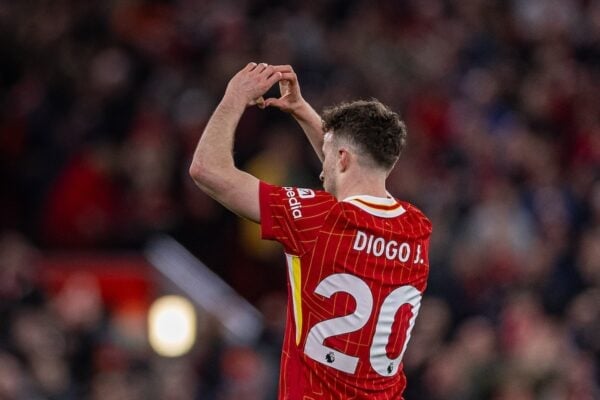
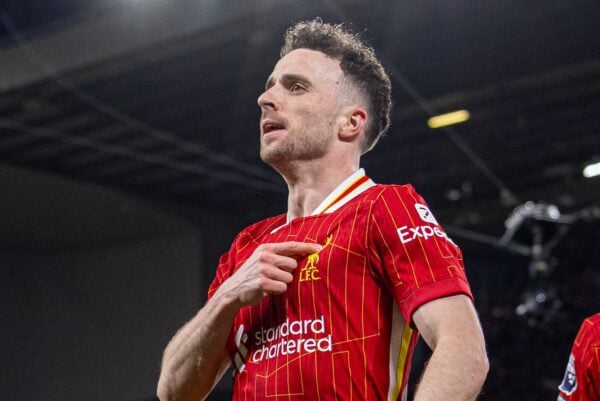

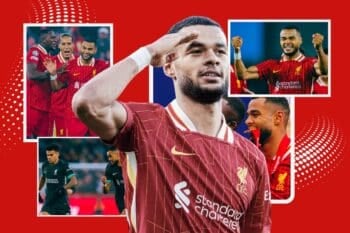

Fan Comments